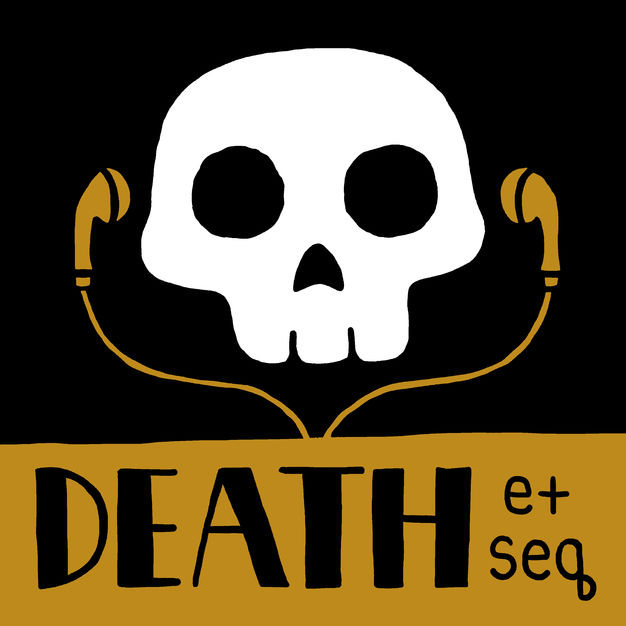
Death, et seq.
Tanya D. Marsh
Death, et seq. literally means "Death and what follows." This podcast addresses all aspects of death care in the United States -- options for funerals and disposition, the ways in which "traditions" are being disrupted, and where death care is headed. A broad range of experts within the funeral industry and various reform communities are invited to share their views. Listeners are invited to actively participate by submitting questions and topics of interest.
- 47 minutes 47 secondsEpisode 22: NYC Cemeteries & Crematories in the COVID 19 PandemicThe death care system in the New York City metropolitan area is overwhelmed. In this episode, we speak with Phil Tassi, President of the New York State Association of Cemeteries (NYSAC), and David Fleming, legislative director of NYSAC, to better understand the challenges facing cemeteries and crematories in the state.26 April 2020, 10:58 pm
- 46 minutes 27 secondsEpisode 21: Death Care in the Time of COVID 19 with Amy CunninghamRecorded on April 18, 2020, Brooklyn funeral director Amy Cunningham explains how death care is being handled in New York City a month into the COVID-19 pandemic.19 April 2020, 7:03 pm
- 52 minutes 5 secondsEpisode 20: Planning for Incapacity with Jonah Bamel and Greg Volk
Estate planning should involve more than simply creating the appropriate documents to address who will receive your property after your death. Modern estate planning also includes some planning for a period of time prior to death, particularly if circumstances arise that a person cannot manage their own property or cannot make health care decisions for themselves. The vast majority of people will die after a period of some incapacity. If that period is short, then there are few problems. But because that period can be months or even years, many people want to make arrangements with respect to their property and health care in case the need arises.
There are three basic documents for planning for the period of incapacity that Jonah Bamel, Greg Volk and Tanya Marsh discuss in this episode: (1) a health care proxy or health care power of attorney; (2) living will or advance directive; and (3) durable power of attorney.
Visit www.deathetseq.com for links to additional resources.
4 February 2019, 8:13 pm - 1 hour 7 minutesEpisode 19: Discussing Cremation with Barbara Kemmis of CANA
On this week’s episode, I am happy to share with you a conversation that I recently had with Barbara Kemmis, the Executive Director of the Cremation Association of North America, or CANA. Cremation is on the rise in the United States. As Barbara will explain, after it was legalized in a handful of states in the 1870s, it took about a century for the cremation rate to hit 5% in this country. For the past several years, cremation has been a more popular option in the United States than burial, which represents a seismic shift in American disposition practices. Barbara and I will discuss the rising cremation rate, some of the reasons that people have been embracing cremation, and research conducted by CANA regarding correlations between demographic information and the cremation rate. I also ask Barbara about the environmental impacts of cremation and she shares some of the research that CANA has done in that area as well.
To learn more:
Industry Statistics: https://www.cremationassociation.org/page/IndustryStatistics
Roaming/Rooted Blogpost Link: https://www.cremationassociation.org/blogpost/776820/280926/Enhanced-Statistics-Enhance-Your-Business-Success
Link to all posts about stats: https://www.cremationassociation.org/blogpost/776820/The-Cremation-Logs?tag=statistics
14 January 2019, 2:40 am - 49 minutes 13 secondsEpisode 18: Music & Mortality: Murder Ballads and The Couldn't Be HappiersJodi Hildebran Lee and Jordan Crosby Lee are the Couldn't Be Happiers. Check them out at www.couldbehappiers.com. On this episode, they play murder ballads The Long Black Veil and a feminist re-imagining of Pretty Polly, plus their original song Jackson Square (which may or may not be about reincarnation).7 January 2019, 9:06 pm
- 46 minutes 47 secondsEpisode 17: The Impact of the Protestant Reformation on Burial Practices (with Jordan Artrip)
The Protestant Reformation of the early 16th century changed countless aspects of everyday life for every kind of person across Europe. One of the things most profoundly affected was the popular conception of death. On this episode, I will be speaking with third year Wake Forest University Law School student Jordan Artrip about how the theology of the Reformation caused a paradigm shift for how death and the dead were viewed by society, as well as the practical effects of that shift on life and religious practice.
Topics addressed in episode:
- For everyday people living during Christendom, one’s view of death and the dead was inextricably linked to the teaching of whichever church was dominant in their particular time and region. How did the theology of the Medieval Church shape peoples’ view of death and the dead on the eve of the Reformation?
- How did this belief in purgatory and the efficacy of intercessional prayer manifest itself in the practices of the Church regarding the dead?
- How did changes brought by the Reformation impact the level of memorialization that we see today in churches?
- How did changes in theology impact local burial practices?
- How did practices change in areas of Europe where the Catholic Church remained dominant?
- What impact did the Reformation and related changes in burial practices in Christian Europe have on the development of the law and social norms in the United States?
7 January 2019, 3:06 pm - 1 hour 20 minutesEpisode 16: Music, Mortality & The Avett Brothers with Tim Mossberger
About a month ago, I sat down with my friend Tim Mossberger in Champaign, Illinois to talk about our mutual favorite band, The Avett Brothers, and a bunch of their songs that deal with topics related to mortality.
Tim has a website called As My Life Turns to a Song – The Avett Brothers Archive. He has been methodically collecting and documenting the history of the band, and together with Paul Oehler has created an Avett setlist database that is as comprehensive as possible. And with me, Tim has created Tales of Avett News, a blog where we publish concert reviews, interviews with Avett fans and people connected with the band, and other content of interest to Avett fans.
In this episode, Tim and I discuss a number of Avett Brothers songs that deal with various aspects of mortality including:
The Fall
Talk on Indolence
The Lowering
Die Die Die
Another Youngster
Am I Born to Die (cover)
Live and Die
Life
Through My Prayers
Once and Future Carpenter
Morning Song
Murder in the City
No Hard Feelings
3 November 2018, 1:49 pm - 30 minutes 53 secondsEpisode 15: Death Related Holidays with Tyler Cunningham
Death is celebrated all over the world on annual basis. More than 175 million Americans will celebrate Halloween this year, with total spending in 2018 reaching $9 billion, with the average consumer planning to spend $86.79 on decorations, candy, costumes and more. While celebrated on a mass scale, most Americans likely do not know the history behind Halloween and how it has turned into a billion-dollar industry.
Another major death related holiday that is often associated with Halloween, Dia de los Muertos, is actually its own unique holiday, where families spend even more than the average American consumer, as anywhere from two weeks to two months wages are spent on average honoring the dead.
Today's podcast will discuss the history and current trends of Halloween and Dias de los Muertos, as well as take a deeper look into some other interesting death related holidays from around the world that our listeners may be less familiar with.
29 October 2018, 3:00 pm - 44 minutes 48 secondsEpisode 14: Cemetery Tourism in Philadelphia and Music by Dan Zlotnick
This hybrid episode combines Cemetery Tourism in Philadelphia and the music of recording artist Dan Zlotnick. In Part I, I discuss the history and some of the notable burials in Spruce Street Cemetery, the Old Pine Street Church churchyard, Christ Church churchyard and burial ground, the potter’s field in Washington Square, and Laurel Hill Cemetery. In Part II, singer-songwriter Dan Zlotnick shares two original songs, “Day 2 for Dina,” and “The Man Who Died Here Saved Me,” as well as his covers of The Avett Brothers’ “The Greatest Sum” and the folk song “Hang Me, Oh Hang Me.”
Check out Dan's music at https://www.danzlotnick.com/.
26 October 2018, 9:03 pm - 49 minutes 4 secondsEpisode 13: Sarah Crews on Conservation Burial, Home Funerals, Music & Mortality
This is Tanya Marsh and you’re listening to Death, et seq. My guest this week is Sarah Crews, the director of Heart Land Prairie Cemetery in Salina, Kansas, the first all natural burial ground in Kansas, and the President of the National Home Funeral Alliance. Sarah also has a background in hospice and music.
Links:
National Home Funeral Alliance
Heart Land Prairie Cemetery8 October 2018, 9:29 pm - 46 minutes 45 secondsEpisode 12: Josh Slocum of The Funeral Consumers Alliance
My guest this week is my friend Josh Slocum, who is the Executive Director of Funeral Consumers Alliance and the co-author of Final Rights: Reclaiming the American Way of Death. Josh is a consumer advocate who is also willing to give consumers a little tough love in the face of what he refers to as learned helplessness. At the same time, he argues that the industry should be more transparent with pricing so that consumers are better able to make decisions that are meaningful and affordable.
24 September 2018, 10:00 am - More Episodes? Get the App
Your feedback is valuable to us. Should you encounter any bugs, glitches, lack of functionality or other problems, please email us on [email protected] or join Moon.FM Telegram Group where you can talk directly to the dev team who are happy to answer any queries.
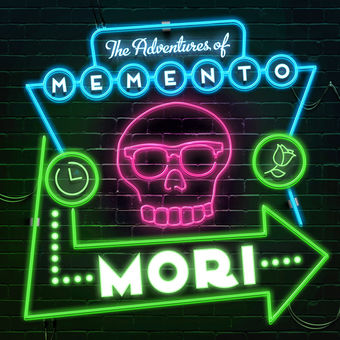 The Adventures of Memento Mori
The Adventures of Memento Mori
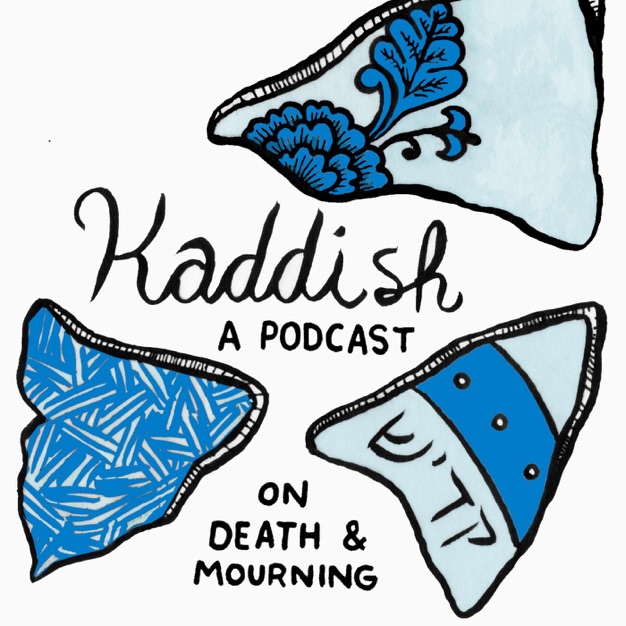 Kaddish
Kaddish
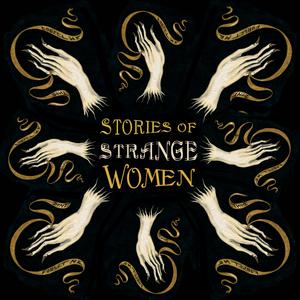 Stories of Strange Women
Stories of Strange Women
 Funeral Stories
Funeral Stories
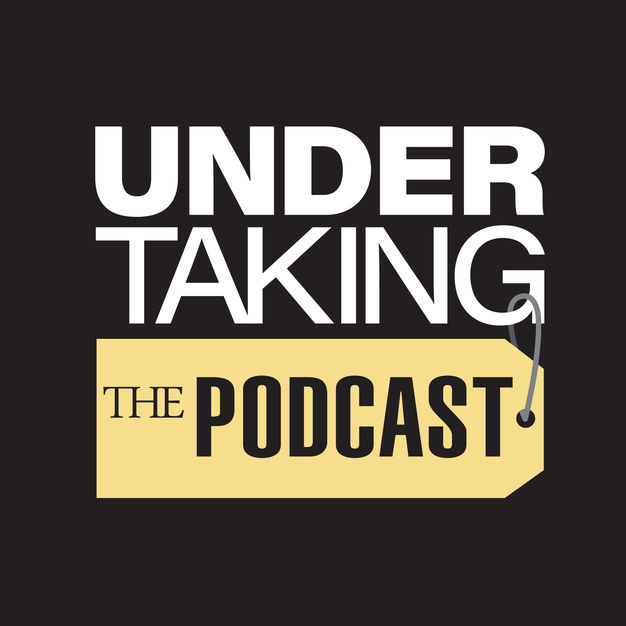 Undertaking: The Podcast
Undertaking: The Podcast